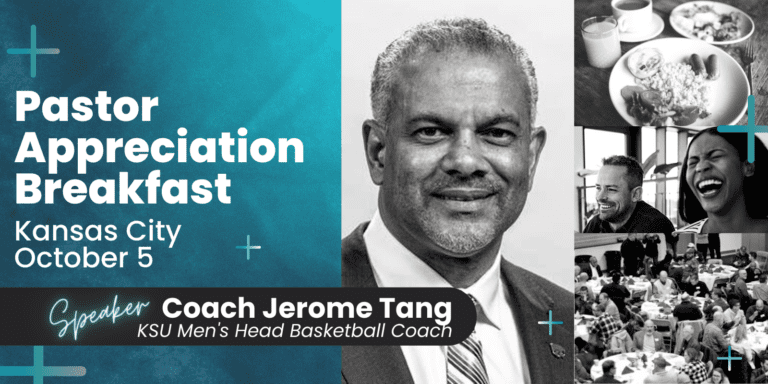I have a very simple business idea. I want to teach a class to politicians, athletes, celebrities and pastors called simply – How to Apologize. It could be taught in one afternoon. The course would come with this guarantee – that if the principles are followed, it will save countless hours of heartache, frustration, anxiety, sleepless nights and much much more.
A cornerstone of any mediation is to learn how to apologize.
The topic of apologies is in the forefront of the news in my hometown of Kansas City. A local sports reporter made a horrific statement on the air – which landed him in the crosshairs of…. nearly everyone. What made the situation immensely worse was the dreadful “apology” that followed. Three days after his ‘apology’ he was released from his twenty-two year position.
At PastorServe, we regularly engage in conflict mediation. A cornerstone of any mediation is to learn how to apologize. We built our Apology Guidelines off of Ken Sande’s book, The Peacemaker, which is in my opinion the preeminent book on conflict mediation. Ken gives seven A’s – which over the years have evolved into PastorServe‘s Nine A’s. And so, to the local sports reporter, and everyone else who ever needs to apologize, I offer The Nine A’s of Confession.
- Address everyone involved – When you hurt someone with words or actions, address everyone impacted.
- Avoid “if, but, and maybe” – This is essential!! Using the word “if” declares that you are not fully taking responsibility for your actions. “If I hurt you” says that your actions may or may not have inflicted pain. The word ‘but” conveys that you believe you were justified in your actions.
- Admit specifically – Just admit what you did! This is where the vast majority of apologizes go horribly wrong. Don’t justify your behavior. Don’t beat around the bush. Just admit what you did or said. It’s not rocket science. If a video tape shows you punching a woman – don’t be so foolish as to say, “Everyone who knows me can confirm that I have the highest respect for women.” In reality, that statement only confirms that you are an immature, narcissistic, blame-shifting individual.
- Acknowledge the hurt – Acknowledge the pain you caused. Use words like, “I know my actions caused deep pain.” Make sure the other party is satisfied that you understand the depth of hurt your words / actions inflicted upon them.
- Accept the consequences – Yep. There are consequences to careless words and actions. Accept what is coming your way.
- Alter your behavior – Commit that you will never do this again. Tell the offended party that you will diligently work to change your behavior.
- Allow the other person to share their emotions – Ask the offended party what else they need you to know. Often, there is deeper hurt than we ever realized. Practice active listening! Don’t defend yourself, just listen!
- Ask for forgiveness – So basic but often overlooked. Every apology must include the words, “I am sorry. Will you forgive me?”
- Allow time for final reflection – Don’t rush the apology. Sometimes, people need time to reflect, further acknowledge the hurt and ask questions to confirm that you understand the pain you caused.
At PastorServe, our team embraces the above because – we make mistakes! We must apologize. Personally, when I apologize, I take a deep breath and think through the Nine A’s. Each one is critical.
Thank you for your partnership with PastorServe that allows us to minister to pastors who make mistakes and need to seek forgiveness. We need partners like you in 2019 as we continue to Strengthen the Church by Serving Pastors. We could not do the work of this ministry apart from friends like you.
Your Friend,

Jimmy Dodd, Founder and CEO



